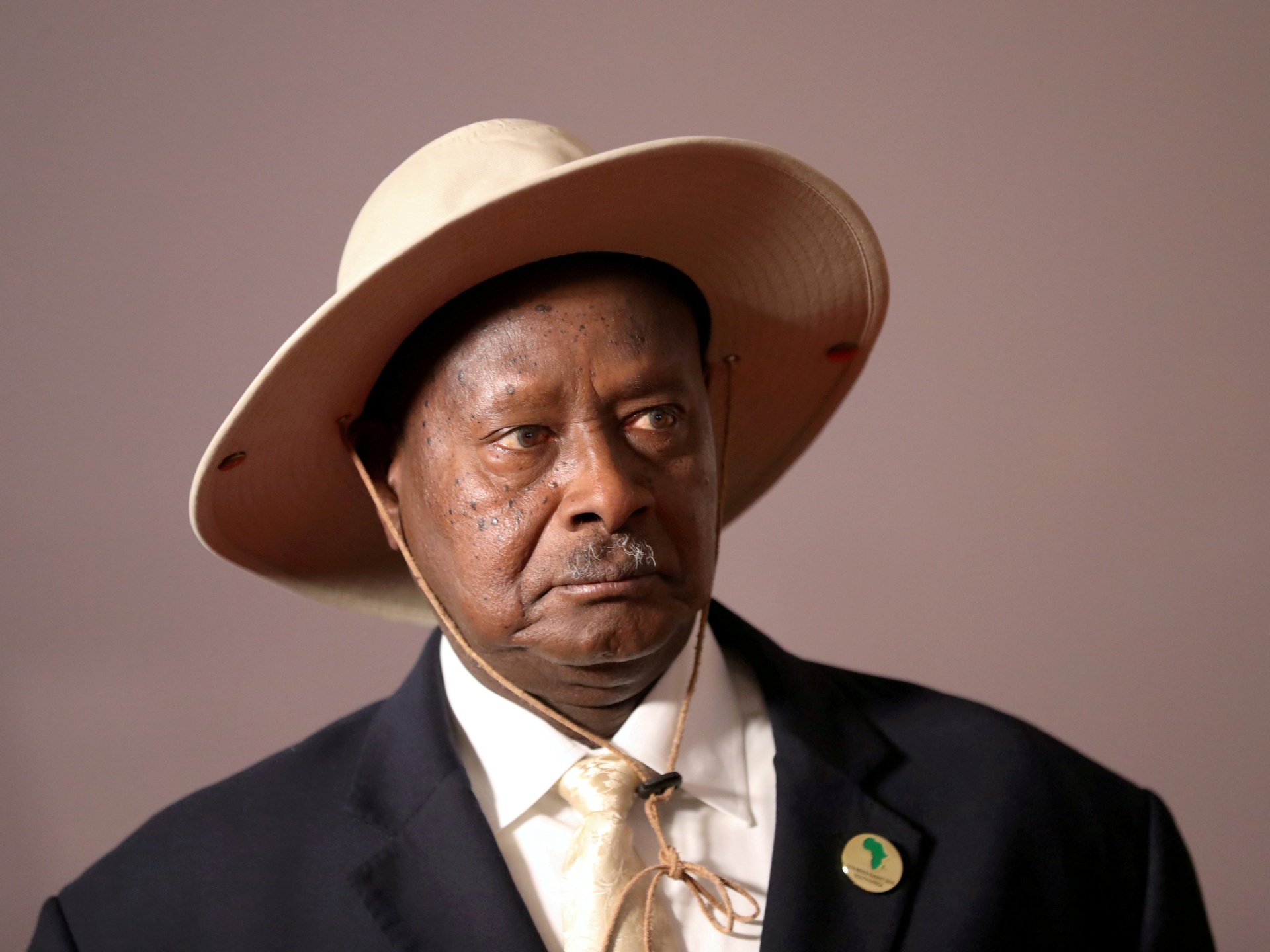President Museveni has 30 days from when parliament sent him the controversial bill to sign it, veto it or send it back for revisions.
Human rights activists and the United States government say the bill is among the harshest pieces of legislation to target sexual minorities anywhere in the world.
While more than 30 African countries, including Uganda, already ban same-sex relationships, the new law passed in March appears to be the first to outlaw merely identifying as lesbian, gay, bisexual, transgender and queer (LGBTQ), Human Rights Watch said.
It would impose the death penalty for so-called aggravated homosexuality, which includes having gay sex when HIV-positive, and 20-year sentences for “promoting” homosexuality.
Its passage in March with near unanimous support in parliament has already triggered a wave of arrests, evictions and mob attacks against Uganda’s LGBTQ community, members of the community say.
By law, Museveni has 30 days from when parliament sent him the bill to weigh in. The bill was passed on March 21 but it is not clear when it was forwarded to Museveni.
The president, a strong opponent of LGBTQ rights who last month called gay people “deviations from normal”, has not indicated what he plans to do.
In 2014, he signed a law that toughened penalties for same-sex relations but has also suggested at times that homosexuality should be addressed through treatment rather than legislation. That law was nullified within months on procedural grounds by a domestic court.
The meeting with lawmakers from his National Resistance Movement party is scheduled to begin at 2pm (11:00 GMT) at the presidential palace.
Same-sex relations are already illegal in Uganda, as they are in more than 30 African countries, but proponents of the bill said stronger legislation was needed to combat the threat homosexuality presents to traditional family values.
Lawmakers in neighbouring Kenya and Tanzania have recently called for similar measures in their countries.
